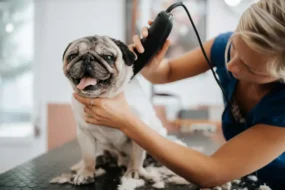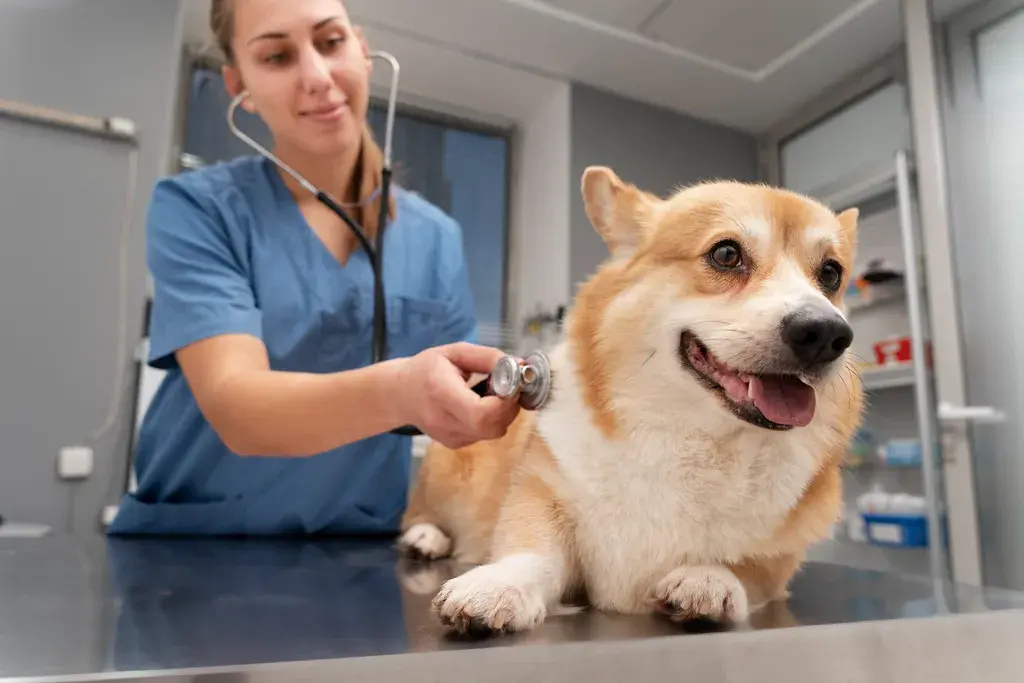
When it comes to the health and well-being of our furry companions, regular vet checkups play a pivotal role. Just like humans, pets require consistent medical attention to ensure they lead a healthy and fulfilling life. Surprisingly, a study by the American Veterinary Medical Association revealed that preventive veterinary care can reduce the risk of certain common yet preventable conditions in pets by up to 90%.
This statistic underscores the significant impact that routine vet visits can have in safeguarding our pets from a range of health issues, ensuring they remain vibrant and healthy members of our families.
Understanding the Need for Regular Vet Visits
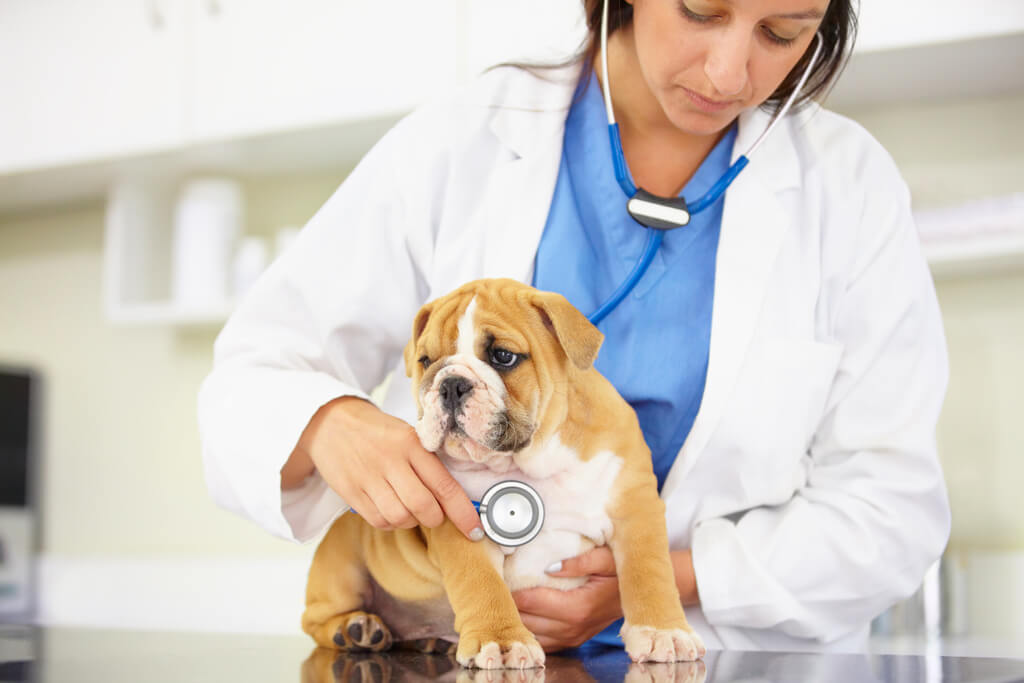
Regular veterinary check-ups are an essential aspect of responsible pet ownership, vital for pets of all ages and health conditions. These visits go beyond mere routine; they are proactive measures to ensure the long-term health and well-being of our animal companions. Regular vet checkups allow veterinarians to conduct thorough examinations, which are crucial for the early detection of potential health issues.
Early diagnosis often means simpler, more effective treatment, and can significantly improve the prognosis for many conditions. Moreover, these visits provide an opportunity for pet owners to discuss nutrition, behavior, and other aspects of pet care with a professional, ensuring that their pets not only survive but thrive.
What Happens During a Veterinary Check-Up?
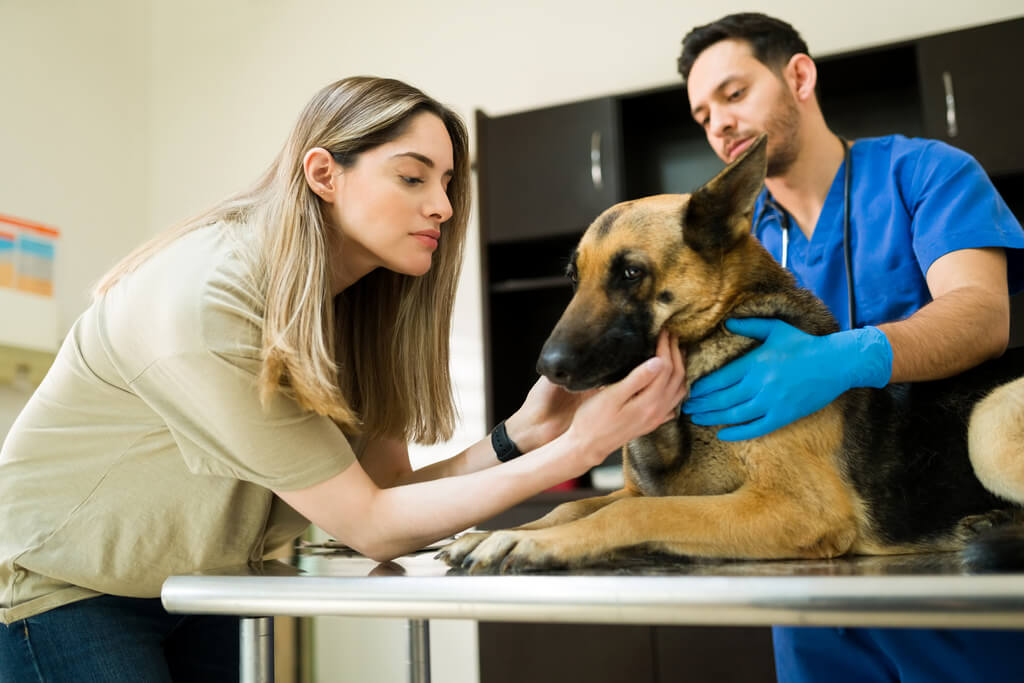
A typical veterinary check-up is a comprehensive assessment of your pet’s health. It begins with a physical examination where the vet checks the animal’s weight, heart rate, lungs, and overall body condition. Vaccinations are updated as needed, playing a crucial role in preventing various diseases. Dental checks are also integral, as oral health significantly impacts overall well-being.
Depending on the pet’s age and health status, the vet may recommend specific tests, such as blood work or urinalysis, to detect any underlying issues. These procedures are not just routine; they are critical in maintaining your pet’s health, ensuring any potential problems are identified and addressed promptly.
Preventive Care and Vaccinations
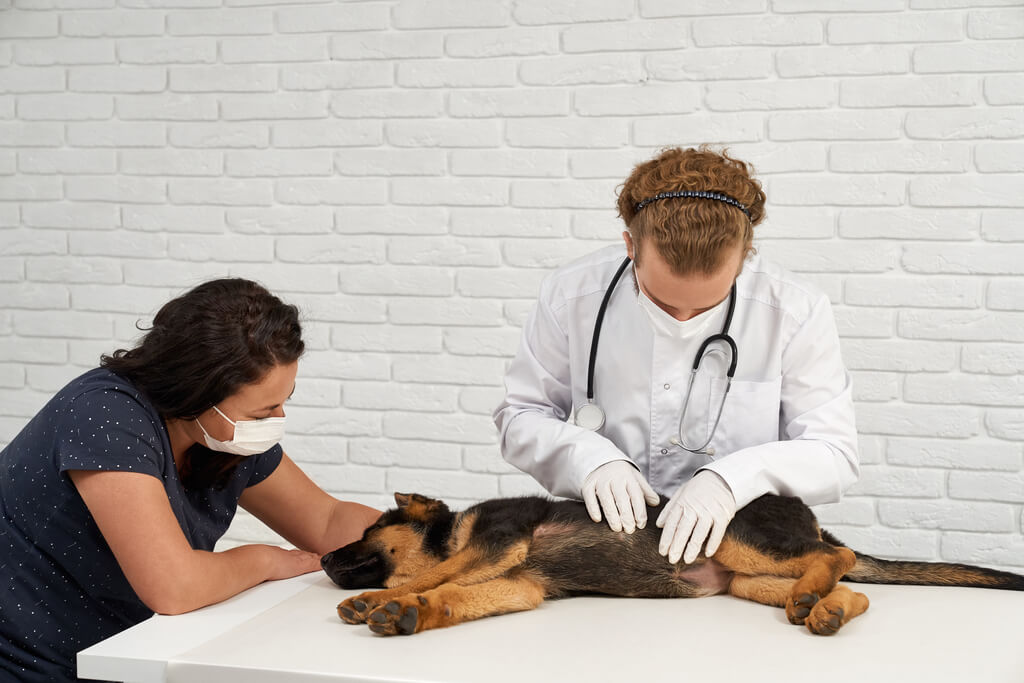
Vaccinations play a pivotal role in safeguarding pets from numerous diseases, some of which can be life-threatening. They work by preparing the pet’s immune system to fend off specific infections, ensuring long-term health. Beyond vaccinations, preventive care includes measures like parasite control, which protects against fleas, ticks, and heartworms, all posing significant health risks.
Additionally, spaying or neutering is not just about controlling the pet population; it also prevents certain types of cancers and reduces the risk of other health issues. These preventive steps are fundamental in maintaining your pet’s health and avoiding preventable diseases. Understanding how your pet’s breed impact their health and tendencies is also very important – it can help you understand what care is needed for your dog or cat
Behavioral Assessments
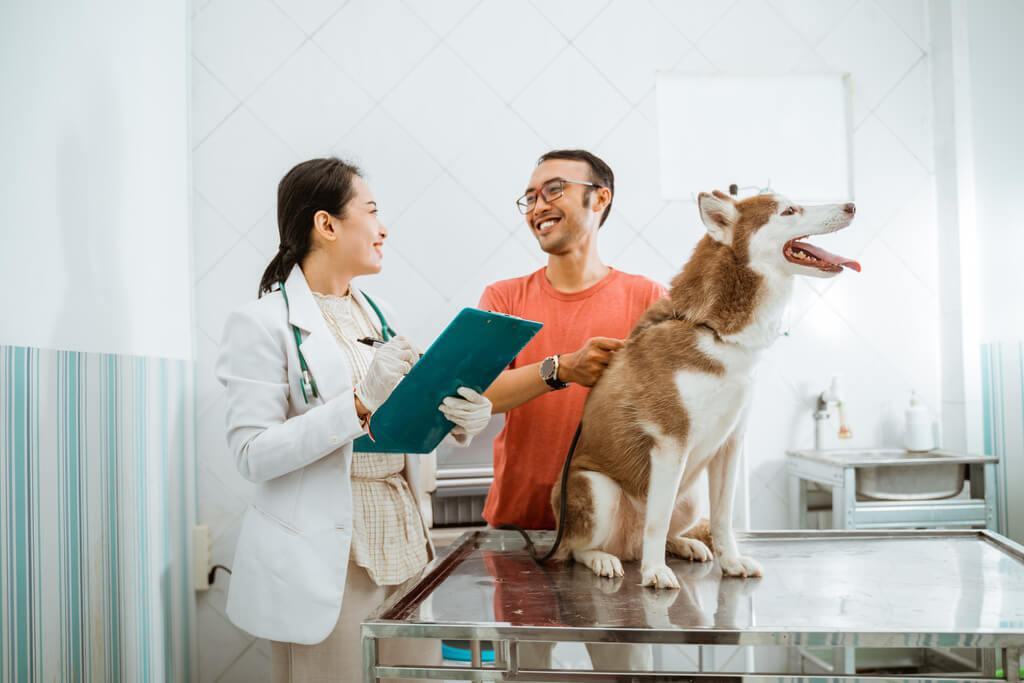
Veterinarians play a crucial role in assessing and advising on pets’ behavioral issues, contributing significantly to their mental well-being. During regular check-ups, vets can observe behaviors and listen to owners’ concerns, identifying any patterns that may indicate stress, anxiety, or other underlying issues. They can provide tailored advice or recommend a specialist if needed. Addressing these behavioral concerns is vital, as they can impact both the pet’s quality of life and the owner-pet relationship. By understanding and managing these behaviors, owners can ensure a happier, healthier environment for their pets.
The Cost of Veterinary Care and Pet Insurance
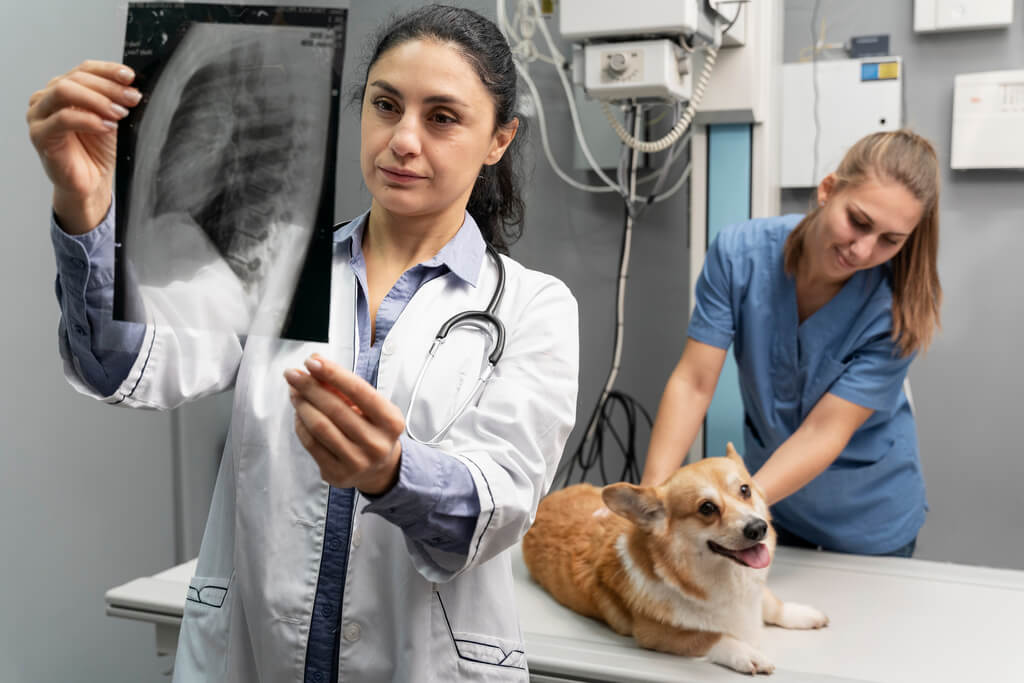
The cost of veterinary care can be a concern for pet owners, especially when unexpected illnesses or accidents occur. To manage these expenses, pet insurance emerges as a practical solution. It offers various plans to cover or reimburse a significant portion of medical costs, from routine check-ups to emergency treatments.
By investing in pet insurance, owners can alleviate the financial stress of veterinary bills, ensuring their pets receive the necessary care without compromising on quality due to cost constraints. This proactive approach to managing healthcare expenses can lead to more timely and effective treatments for pets, contributing to their overall well-being.
Building a Relationship with Your Vet
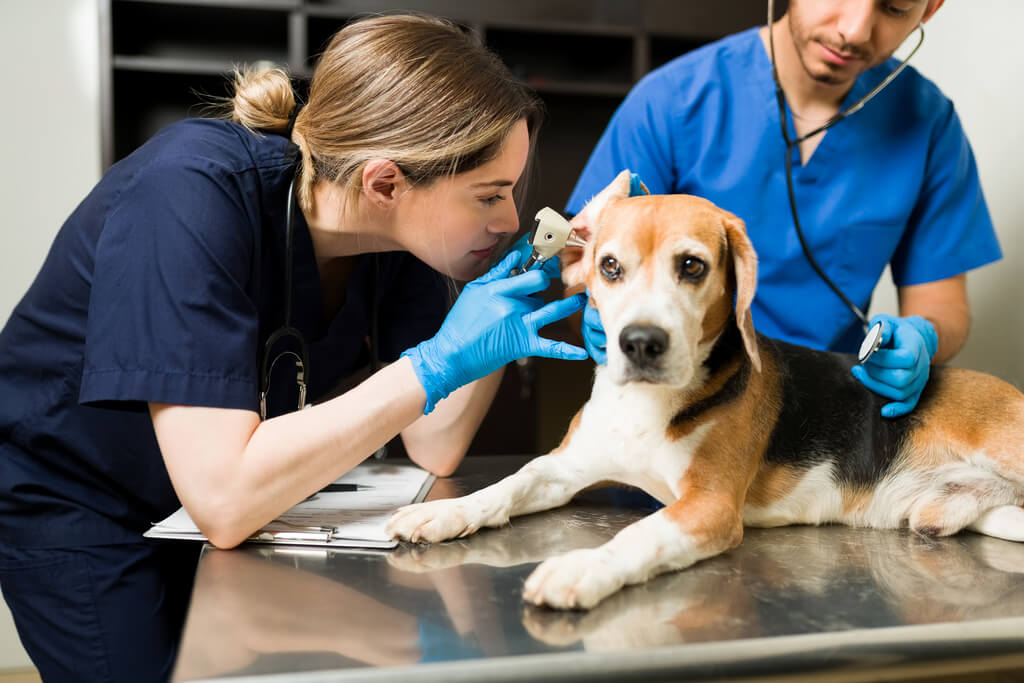
Establishing a trusting relationship with your veterinarian is crucial for your pet’s health. Open communication with your vet allows for a better understanding of your pet’s needs and health concerns. Don’t hesitate to ask questions or express concerns during visits; a good vet will welcome your curiosity and involvement. This rapport not only enhances the care your pet receives but also provides you with peace of mind, knowing you have a reliable resource for your pet’s health needs.
Conclusion
In summary, regular vet check-ups play a vital role in maintaining your pet’s health. These visits are key for early detection of health issues, preventive care, and ensuring your pet’s overall well-being. Building a strong relationship with your vet and understanding the importance of these check-ups can significantly contribute to the long-term health and happiness of your beloved pet. As a responsible pet owner, prioritize these visits to ensure your furry friend enjoys a healthy, fulfilling life.
Explore Further:









